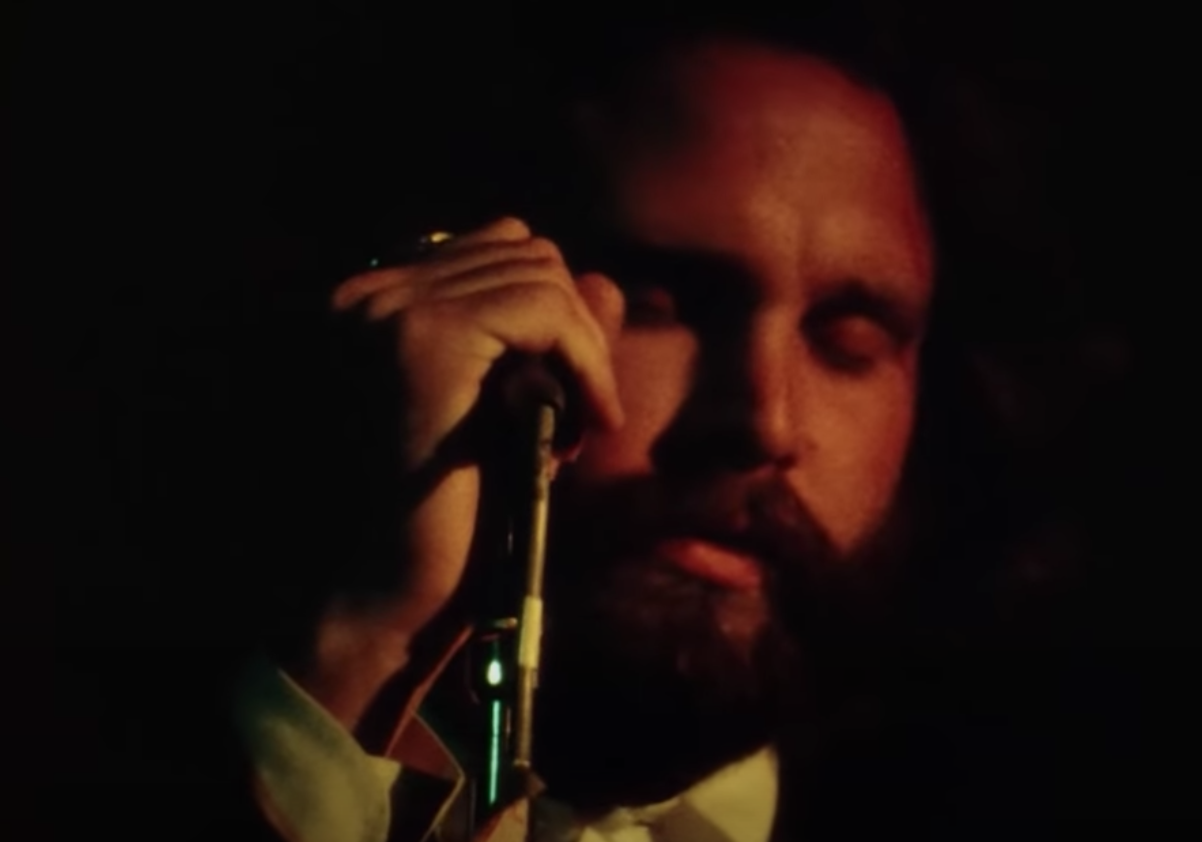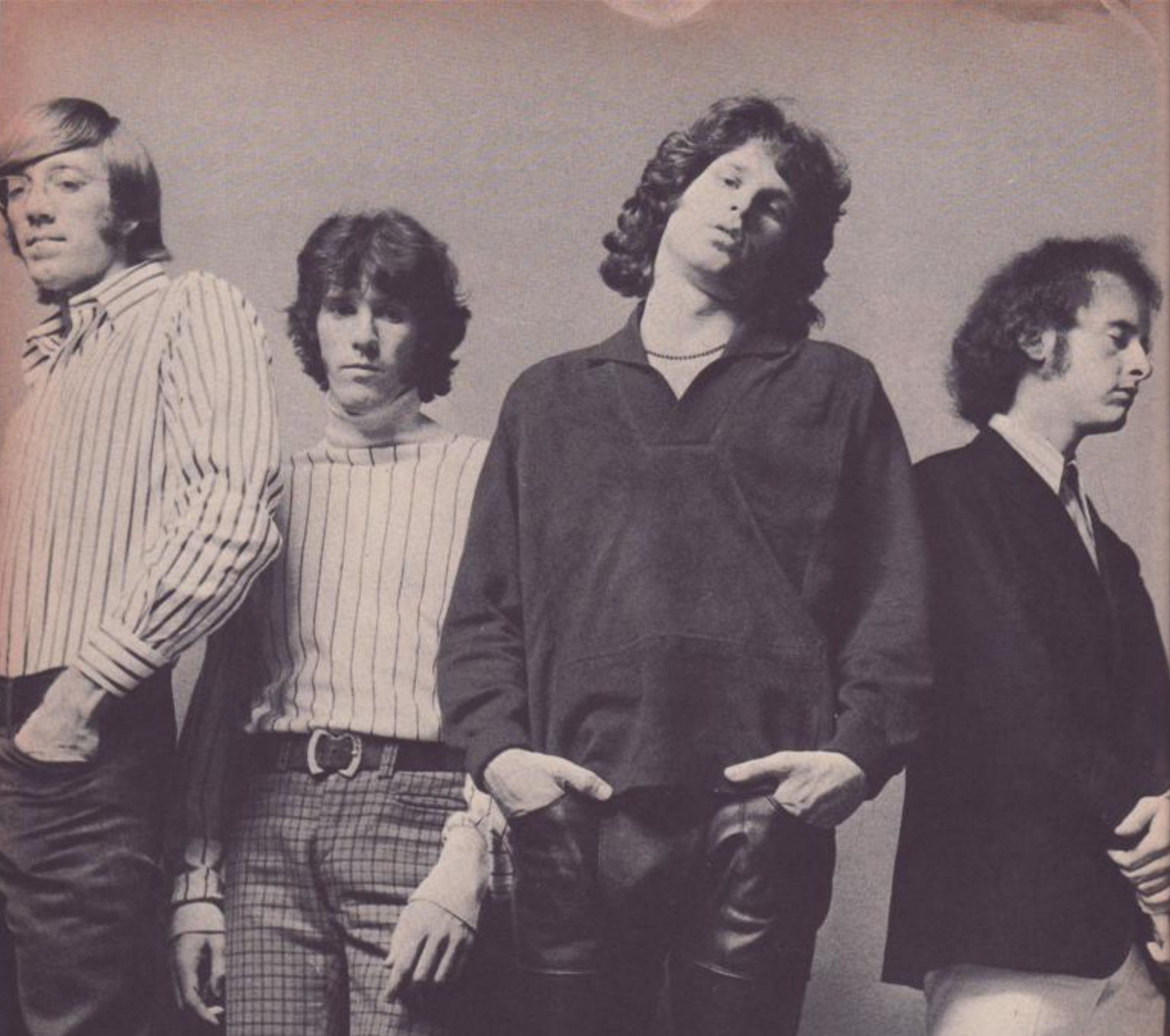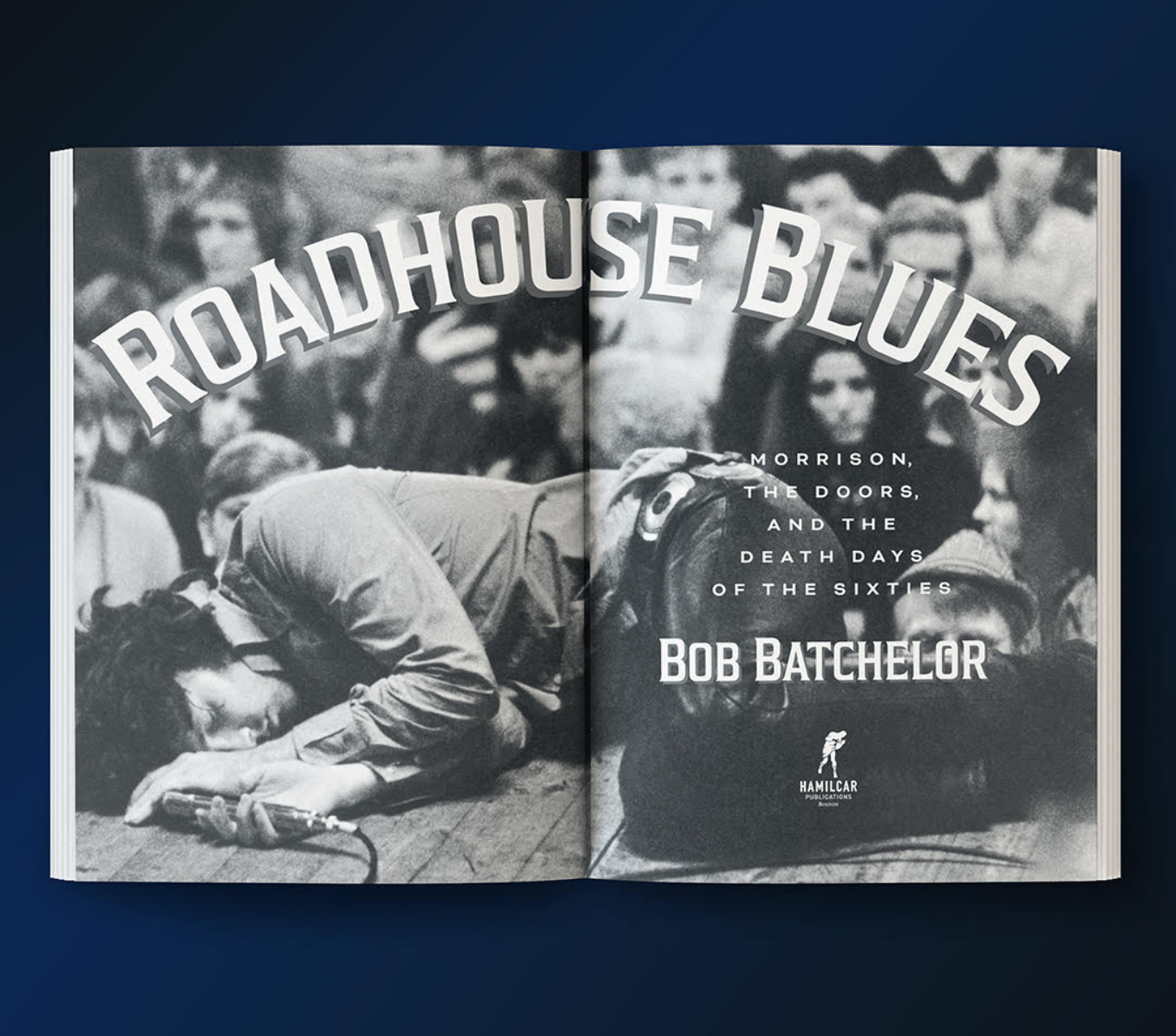Today in History: The Legendary Doors Singer and Songwriter Would Have Been 79 Years Old!
An intense Jim Morrison at the Isle of Wright Festival
Jim Morrison is a legendary figure in American history — one of the greatest singers and lyricists in rock music. His mysterious, tragic death at age 27 has become part of rock ‘n roll folklore. He’s been gone longer than many of his fans have been alive. Yet, if he were still with us, he would have only been 79 years old today. What a tragedy that his life ended so soon.
The question that remains: “Who Was Jim Morrison?”
The Doors!
In researching Roadhouse Blues, many Morrisons emerged. Yet, in themselves, these are also merely glimpses in time:
The Searcher: Always exploring for questions and answers, probing situations and people, trying to find the story, the truth. Using acid and alcohol to expand his perspectives.
The Artist: Notating his life and emotions, using himself and his environment as a canvas to create. Begging people to live in the moment rather than enslave themselves to society’s expectations or mind-numbing tools, like television.
The Battler: Standing up to authority, whether it was his parents, teachers, or the police. The person willing to confront ideas, like making a senior thesis film that demonstrated the limitation of filmmaking. Creating and destroying personas as he evolved.
A close-up of Jim Morrison during the Doors appearance on the Ed Sullivan Show
Mark Duffett, a music scholar and historian, sees “existentialism and nihilism” as central to Morrison and the band’s sound. He links Jim’s Paris death to this notion, calling him “a lost soul.” What emerged from the music at its peak was what Duffett hears as “almost a kind of proto-postpunk band.” Mixing Jim in with the punk movement—nihilism, rage, leather-clad—is a fascinating perspective on how the Doors sounded versus their peers.
Yet they also came across like the underground college radio bands of the late Eighties, a precursor to REM or Echo and the Bunnymen, the latter of whom collaborated with Ray Manzarek on a cover of “People Are Strange.”
The splash page of Roadhouse Blues by Bob Batchelor, designed by Brad Norr
Bringing the real Jim full circle, in 2022 I spoke with attorney Robert Josefsberg about the singer he had defended as co-counsel in the infamous Miami obscenity trial that ultimately destroyed Jim’s life. He said Morrison was “electrifying” —you could feel the magnetism radiate from the young man—but at the same time “kind” and “a nice, decent human being with a sense of humor and sense of reality.”
Toward the end of our conversation, however, Josefsberg grew reflective. He admitted, “I feel badly that after the trial I didn’t stay in touch with Jim. I wish I would have called him and talked to him about sobriety, as one human being to another.”
As I listened to the emotion in Bob’s voice, I thought of the women who told me about their brief time with Jim. All three shared a common feeling: I might have prevented what happened. I feel badly about that.
“I liked him, I liked him very much,” Josefsberg said. In that melancholy sentence, knowing that a young man died much too early, he captured what we share when we think about Jim Morrison.
For the complete story of the Doors and the Death Days of the Sixties, pick up a copy of Roadhouse Blues, published by Hamilcar Publications. For the holidays, it’s discounted: Click here.



